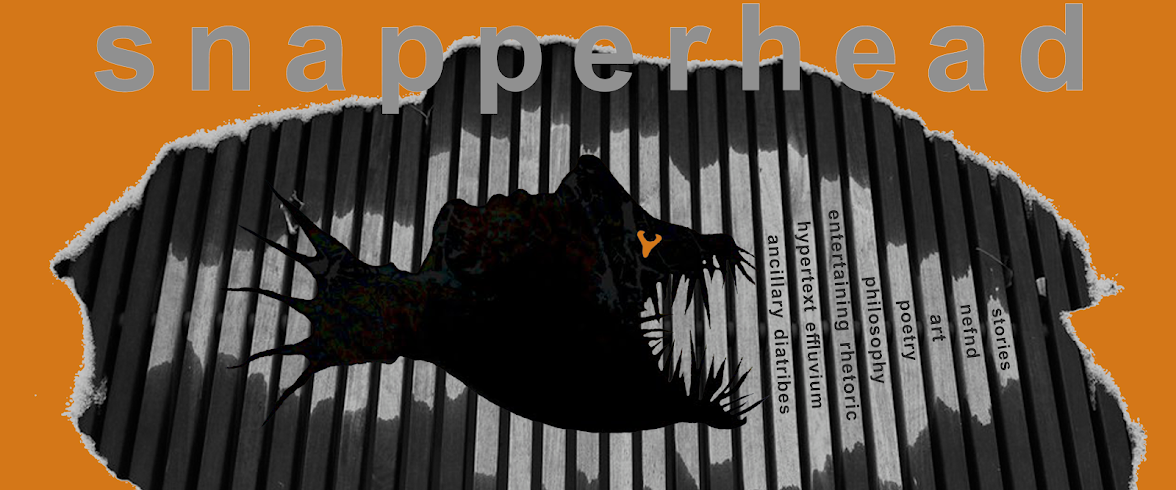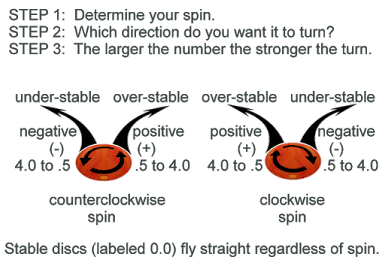 Thank you, veterans. I am one, know many still serving and many more who once served. My thoughts are with you as I write:
Thank you, veterans. I am one, know many still serving and many more who once served. My thoughts are with you as I write:I, like most, have been vaguely aware of our
Electoral College system since a long-ago High School American History class (about the same time I learned we bought Alaska from the former USSR on the cheap). Since then, I have propped-up my end of several conversations by parroting some long-forgotten opinion-maker who must have decried loud enough for me to take note that: 'our antiquated system smothers the popular vote'. It was an effective way to pretend to have more intelligence than I held title to; everyone sounds more passionate riding a strong negative opinion.
Today I ask: why are so many people (who may not even understand the system, and the reasons behind it) against our electoral college?
The framers of our constitution certainly knew why a nation-wide popular vote was impractical. They were aware that we humans are
supremely ignorant people. We (the royal we) are: too easily led; too stupid to be trusted with our own self-preservation; and should never, never, never, be given something as valuable and important as electing a president without oversight. Thus, we elect a group of intelligentsia-esque politicos who, in turn, elect the president and vice president. They provide a much-needed buffer by injecting careful and calm deliberation into the process of selecting the most qualified candidate. (I thank them for their future service every time the phrase 'Palin 2016' leaves the lips of some talking-supermodel-esque-head, whom I watch in HD but hope-dies-a-painful-videotaped-death for even forming the thought.)
The members of the electoral college are nothing more than judges; judging
before the new president and vice president take over the Executive Branch of the US government. They are tasked with deciding for us, when we may be too stupid for our own good (please feel free to supplant the word 'stupid' with the word 'religious' as needed).
We (or, at least the Californian-we) needed an 'electoral college buffer' in place, when voting on
Proposition 8. If they only had a group of people, smarter than the average stupid-fucknut (feel free: 'stupid-fucknut'/'religious-fucknut') then we would not be witnessing a
reversal of civil rights. But...I guess there
is a group of intelligentsia in place,
isn't there?—and they are called California State Supreme Court Judges. Who will now need to do,
after the fact, what the mentally infirm majority of Californian voters were incapable of doing: enforce equality under the law on the majority of stupid-haters who follow without question (the purest definition of 'stupid-belief') a few vaingloriously bigoted stupid-leaders.
Other states, as choc-a-bloc full of stupid-hating fucknuts as they are, will be force-guided away from their bigotry some day too. As will the entire country. Someday we will see a Federal Constitutional Amendment that will force equality in every aspect of 'sexual orientation' including the right of same-sex couples to bind themselves legally in a ceremony (which will last about 50% of the time). And, someday we will elect an openly gay US President.
This prophecy doesn't sound as hollow as it once would; does it?
As a retired member of the US Armed Forces, I served to protect the rights of Americans. Does that sentence require "all" in front of "Americans"? I protected against hatred and bigotry maybe MORE than criminal activity and physical harm. One positive thing: our ever-present 'enemy within' (unforgivably stupid, hate-filled American citizens) are eroding. Slowly. Much too slowly for me at times.
Veterans Day, Proposition 8, gay rights, same-sex marriage, electoral college
 Urban Boundary Lines (UBL)
Urban Boundary Lines (UBL) 















































